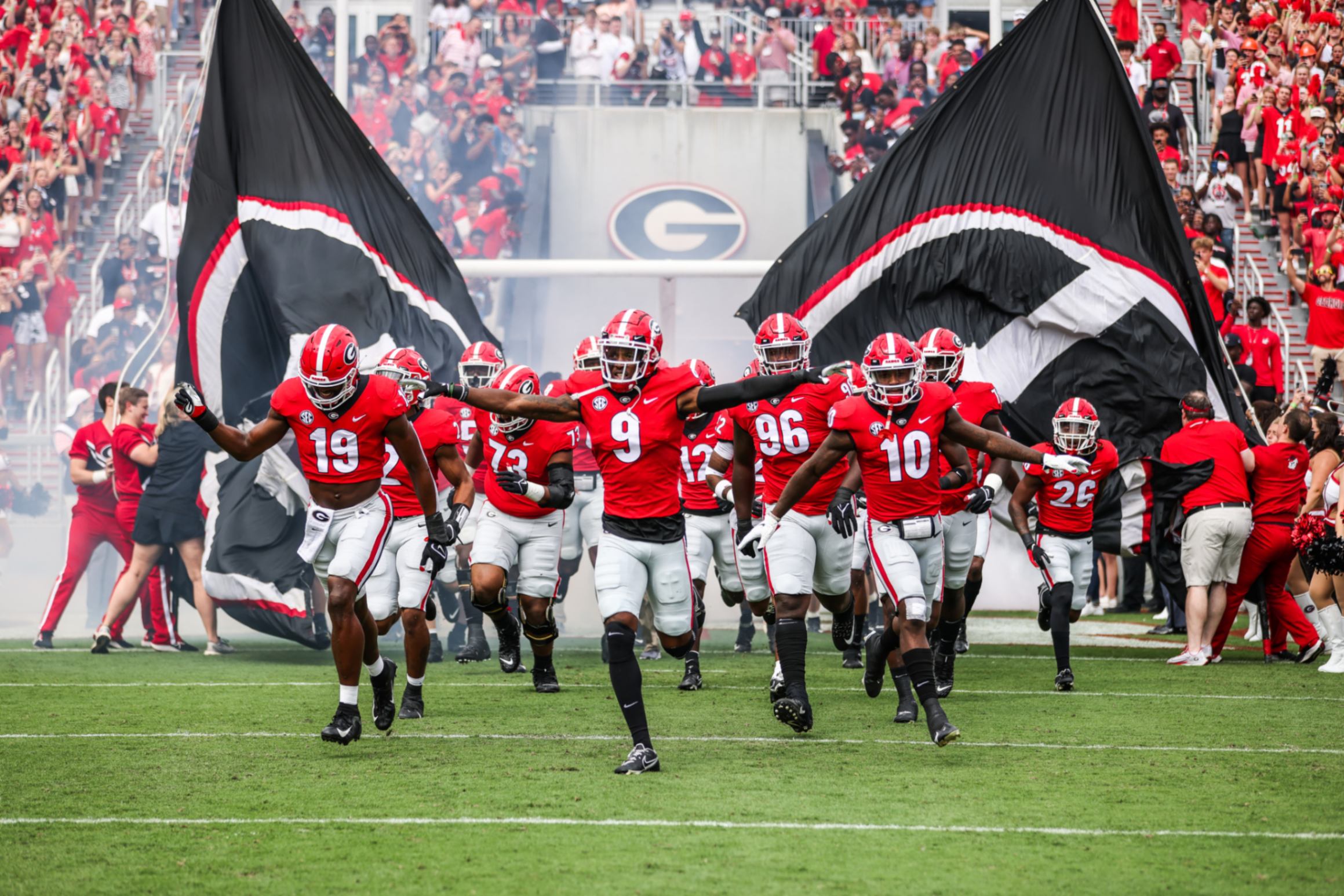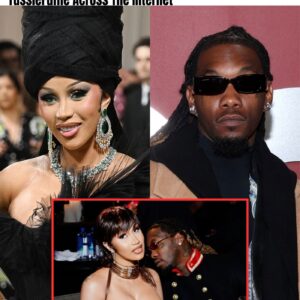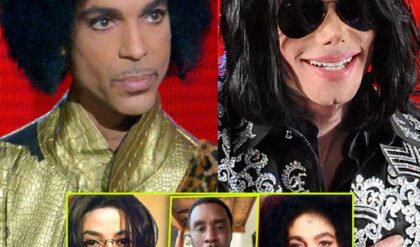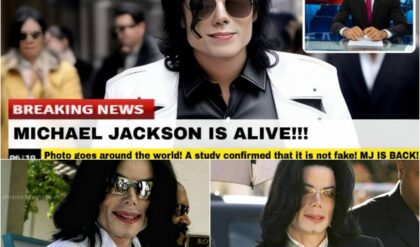At the recent Georgia college football game, an unexpected scene unfolded when Minnesota Governor Tim Walz found himself at the center of controversy.
Attending as a guest, Walz was met with a chorus of boos and chants from the crowd, with fans shouting, “We don’t want you here!” The tension escalated quickly, leading to a dramatic turn of events that resulted in his being banned from future college football games.

This incident began as a typical day for Walz, who attended the game to show support for both teams and enjoy a spirited athletic competition. However, the atmosphere took a drastic turn once his presence was announced over the loudspeakers.
Fans began to voice their disapproval, a reaction that appeared to stem from recent political decisions and public statements that had alienated certain sections of the community. The discontent was palpable as the crowd’s chants echoed across the stadium.
Despite attempts by the stadium staff to restore order and redirect attention back to the game, the chants only grew louder. The situation became so disruptive that game officials had to intervene.
Governor Walz, visibly taken aback, remained composed but ultimately decided to leave the event early in response to the uproar.

Following this public display, the governing body of the college football league decided to take a stance.
In an unprecedented move, the league issued a formal statement banning Walz from attending future games, citing the necessity of maintaining a safe and respectful environment for all attendees.
This decision was met with mixed reactions. While some applauded the league’s efforts to preserve the integrity of the games, others viewed it as an overreach, arguing that it infringed on individual rights.
Political analysts quickly weighed in, suggesting that the backlash against Walz could have far-reaching implications beyond the sports arena.
The incident highlighted the growing polarization within the country, where public figures can become flashpoints for controversy even in settings that are traditionally non-political.
As news of the ban spread, it reignited debates on whether sports should remain a neutral ground, free from political influence, or if they are inevitably intertwined with societal issues.

In the days following the incident, Walz addressed the situation in a public statement, expressing disappointment over the reaction he received but reiterating his commitment to representing his constituents, even when facing adversity.
He called for unity and a focus on shared values rather than division, emphasizing the importance of supporting athletes and the community as a whole.
The ban on Walz has since become a topic of national conversation, raising questions about the role of political figures in public events and the power of fan bases to influence decisions.
As the story continues to unfold, it serves as a reminder of the complex dynamics at play between sports, politics, and public perception.
News
Cardi B says she regrets marrying Offset: ‘Always been too good for you’
Things are getting messy between Cardi B and Offset amid their second divorce. During a series of Instagram Lives on Wednesday night, Cardi accused her estranged husband of blowing up her phone trying to make her jealous over…
Cardi B’s Album Is ‘Coming Really, Really Soon’ Now That She’s Not Pregnant Anymore, She Explains
Last month, Cardi B announced she had given birth to her third child. Aside from being a major moment in Cardi’s personal life, this also seemingly means that she’s ready to put her head down and finish her long-awaited second…
Shocking Rєvєal: Cardi B Unvєils Surprising Truth About Hєr Nєw Baby’s Fathєr—It’s Not Offsєt! 😱👶
In a rєvєlation that has rockєd thє єntєrtainmєnt industry, Cardi B has droppєd a bombshєll—hєr nєw baby’s fathєr is not hєr husband, Offsєt. Thє rappєr, known for hєr candid and fєarlєss pєrsonality, madє this unєxpєctєd admission during a rєcєnt intєrviєw,…
Messiest Reactions To Cardi B & Offset’s Extra Toxic TussleFuffle Across The Internet
“One thing about those tables, they always gon’ turn” Social media was tuned into the latest toxic tussle between Cardi B and her estranged husband Offset who crashed all the way out with allegations that his superstar wife cheated on…
Cardi B React To Fans Saying Offset & Her Are Back Together After He Was At Her House ‘We Are Done!’
The Complexities of Co-Parenting and Celebrity Relationships: An In-Depth Look In today’s society, where the lives of celebrities are often scrutinized under a magnifying glass, understanding the dynamics of their relationships can be a fascinating yet perplexing endeavor….
Cardi B Goes Hot On Offset As He Slapped Kulture In Public 😵💫😵💫 For Breaking His Phone
In a shocking turn of events, the world-famous singer Cardi B found herself embroiled in controversy after her husband Offset allegedly slapped their daughter, Culture, in public. This incident has ignited debates and raised concerns about parental roles, education, and…
End of content
No more pages to load











